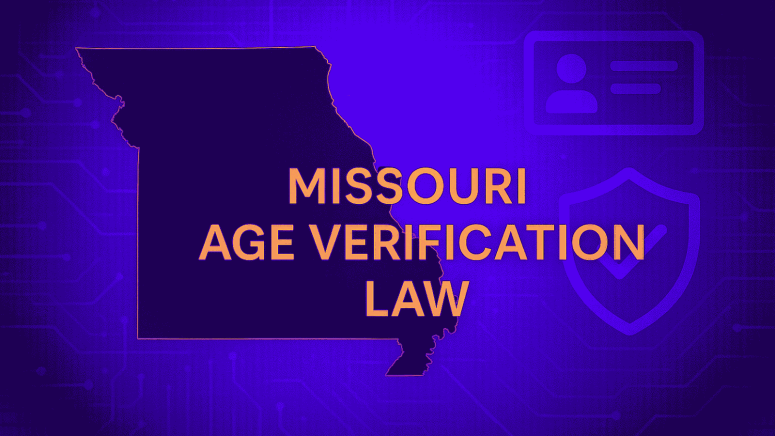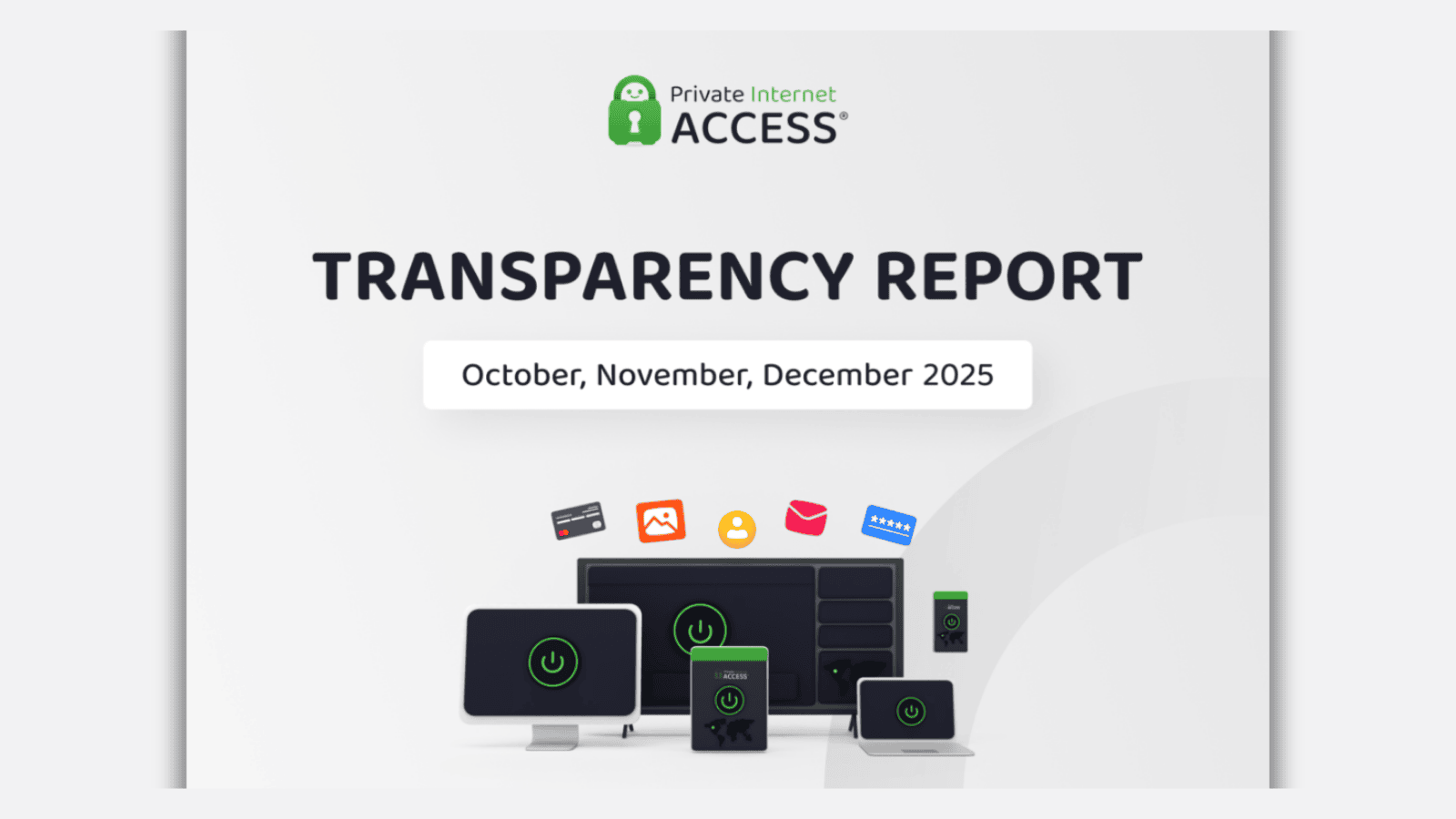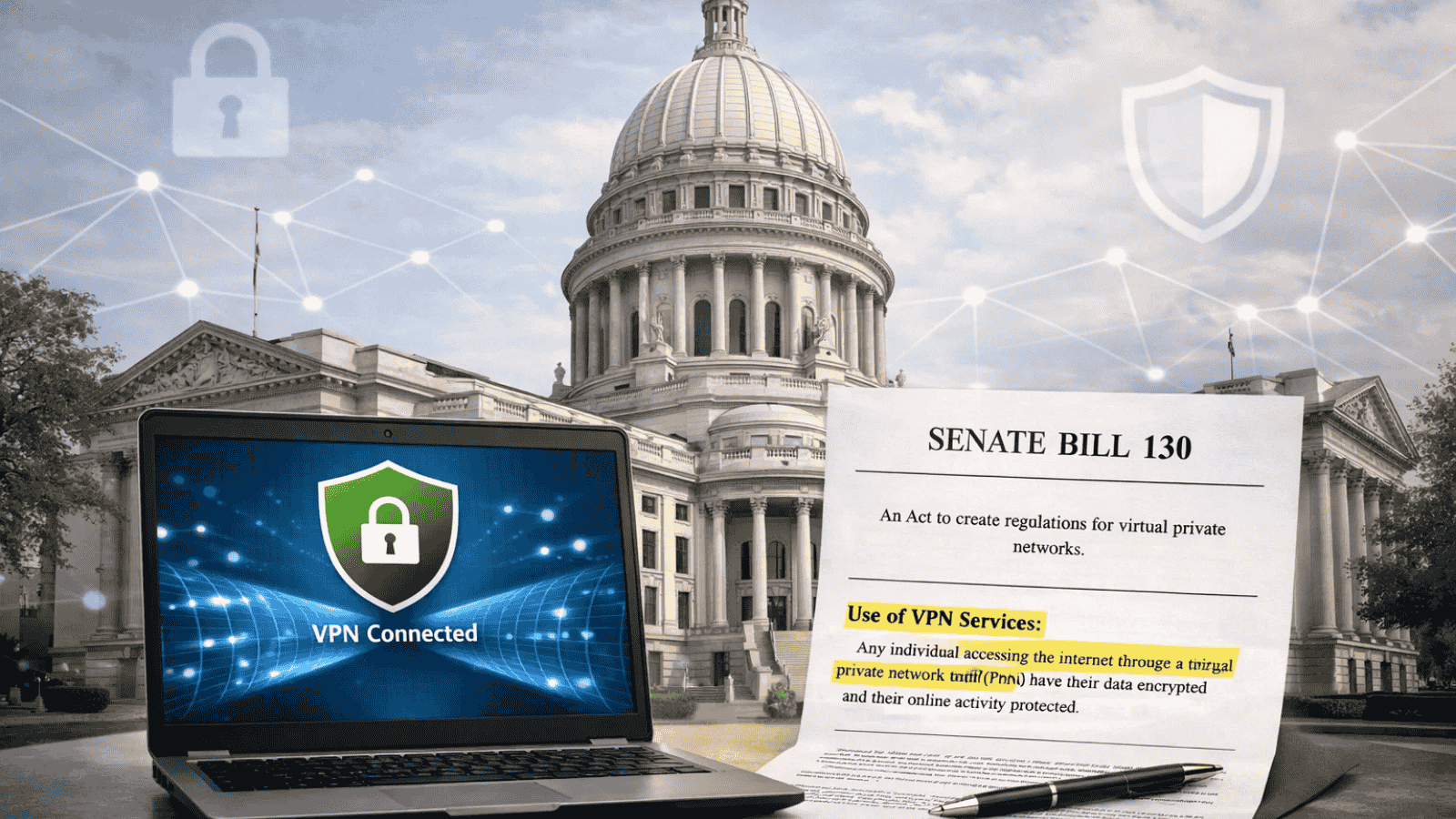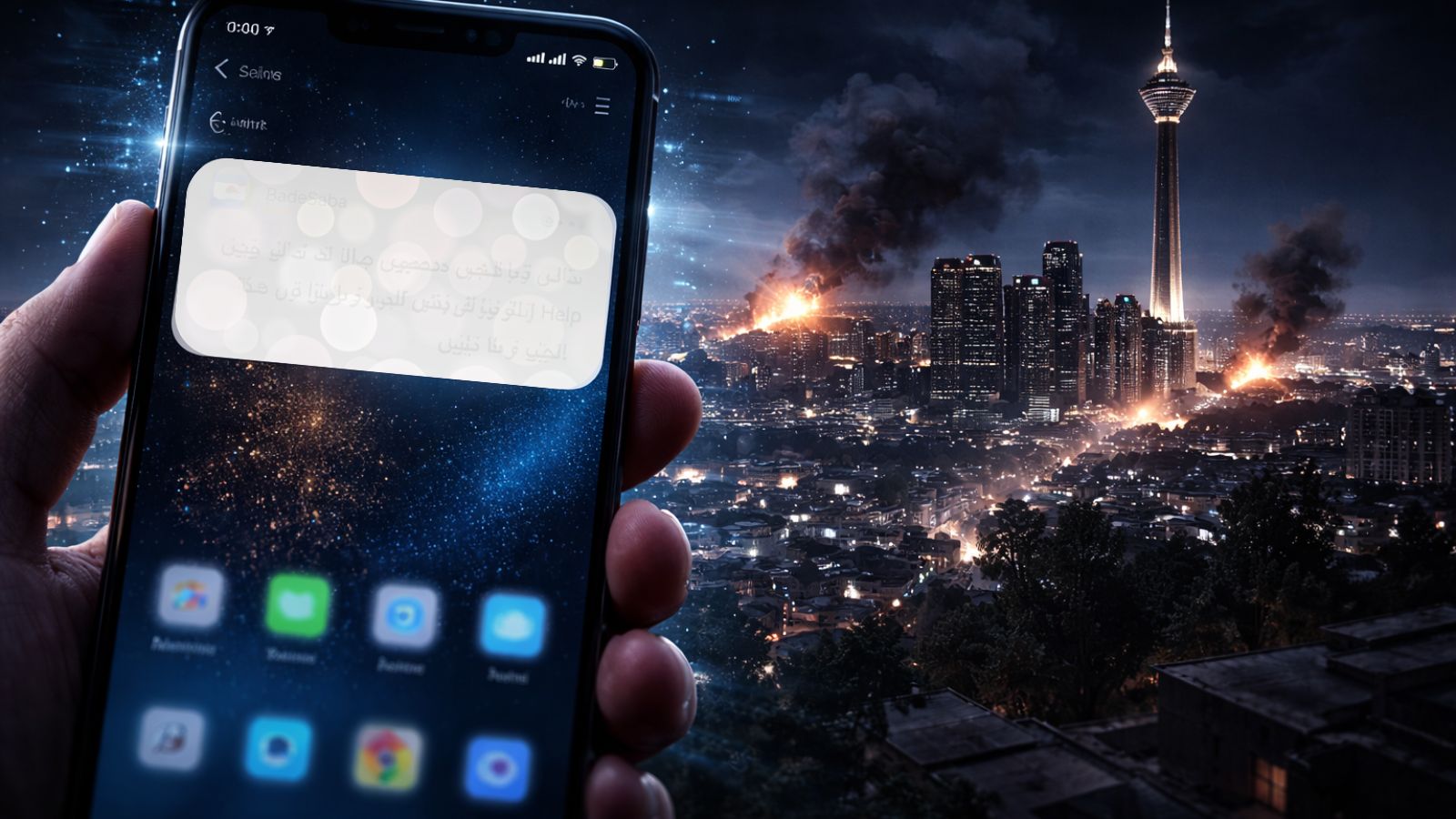
Missouri Set to Begin Mandatory Online Age Verification
- Law Activation: Takes effect Nov 30, requiring age checks for sites with 33% harmful content.
- Compliance Requirements: Platforms must verify users via digital IDs, government IDs, or transaction data.
- Privacy Concerns: Experts warn of surveillance risks despite rules against storing identifying information.
Missouri will begin enforcing its new mandatory age-verification law on November 30, 2025, making it the latest U.S. state to require proof of age before allowing users to access adult-only content online.
The move follows a growing trend across the country, as more states adopt similar laws aimed at preventing minors from accessing explicit material. However, the policy is already raising questions about privacy, data security, and the readiness of major tech companies to support digital age-verification systems.
What the Missouri Law Requires
Under Missouri’s new rules, any website or app containing more than 33% “material harmful to minors” must verify that users are 18 years or older before granting access.
Violations are treated as “unfair, deceptive, fraudulent, or otherwise unlawful practices” under state law. Platforms that fail to comply could face penalties of up to $10,000 per day.
To meet these requirements, websites can use:
- Digital ID systems
- Government-issued identification
- Other transactional data that reliably proves age
A key part of the law also requires mobile operating systems with at least 10 million U.S. devices, such as iOS and Android, to provide a digital age-verification method that websites and apps can integrate.
Privacy Concerns and Expert Reactions
Although the law specifies that platforms must use “reasonable methods” to secure user data and avoid storing identifying information, privacy experts remain skeptical.
Molly Buckley of the Electronic Frontier Foundation (EFF) told TechRadar that mandatory age checks risk creating “a dangerous new surveillance infrastructure,” noting that these systems require people to hand over highly sensitive identity data.
Past incidents illustrate the risks. In the U.K., a third-party age-verification service used by Discord was hacked, exposing more than 70,000 government ID photos.
John Perrino, Senior Policy and Advocacy Expert at the Internet Society, said Missouri’s legislation is essentially a “copy-paste version” of similar laws passed in other states. According to Perrino, the same concerns, surveillance, censorship, and reduced accessibility will likely apply in Missouri as well.
Pressure on Big Tech to Provide Digital ID Tools
A unique element of Missouri’s law is that large tech companies like Apple and Google must offer secure digital ID tools for age verification. However, these features today are mostly used for driver’s license storage and airport identity checks, not frequent online verification.
Perrino raised doubts about public adoption: Even if the system is secure, people may not feel comfortable storing or sharing their driver’s license or passport information every time they access restricted content. This discomfort could push users toward less secure websites or tools.
What Users Can Do
With privacy and data-security worries growing, many users may turn to VPN services to better protect their digital identity. VPN providers are currently offering major discounts through Black Friday promotions.
As Missouri’s enforcement date approaches, discussions around digital privacy, online access, and the balance between safety and surveillance are likely to intensify across the U.S.













